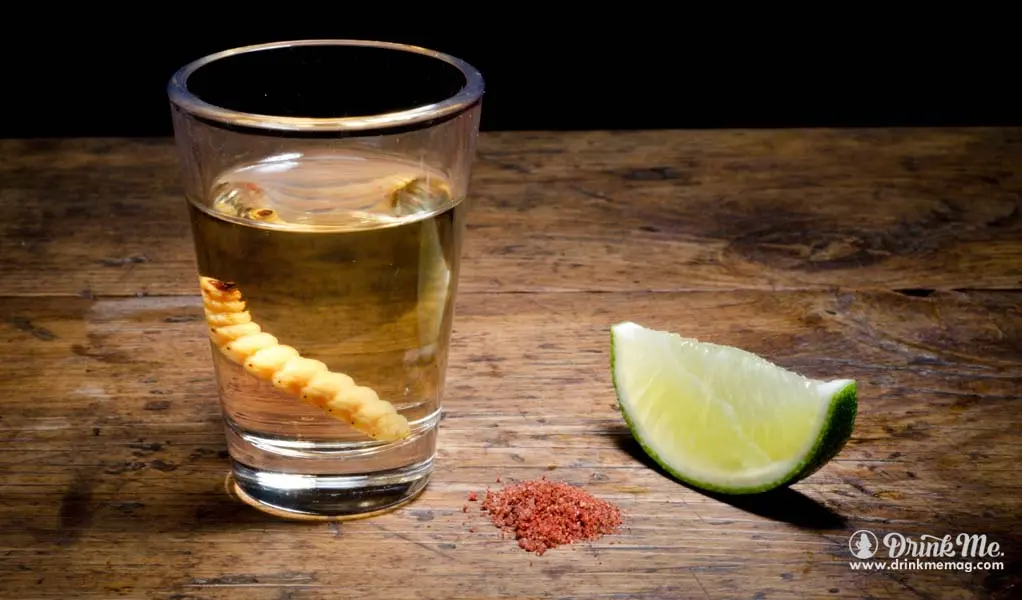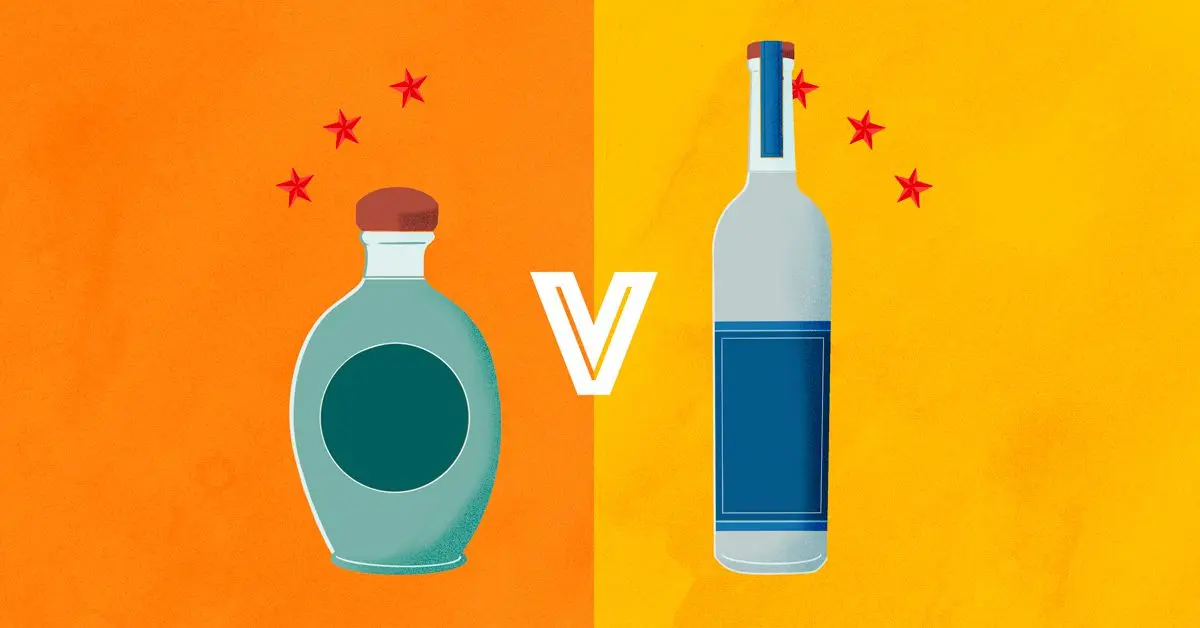When it comes to agave spirits, the terms mezcal and tequila are often used interchangeably, leading to confusion among drinkers. While it's true that all tequila is mezcal, not all mezcal is tequila. In this article, we will explore the main differences between these two spirits and delve into their fascinating history.
- What are the Main Differences between Tequila and Mezcal?
- Tequila and Mezcal History
- How Are Tequila and Mezcal Made?
- Where Are Tequila and Mezcal Made?
- What Types of Agave Are Tequila and Mezcal Made With?
- How Are Tequila and Mezcal Regulated?
- Is Mezcal Ever Aged?
- How Do You Consume Tequila and Mezcal?
- Why Is Mezcal More Expensive than Tequila?
What are the Main Differences between Tequila and Mezcal?
The main difference between tequila and mezcal lies in the types of agave used and the production methods. Tequila can only be made from the blue Weber agave plant, while mezcal can be legally produced with more than 40 species of agave. Tequila is typically steamed in above-ground ovens, while mezcal is roasted in wood-fired, rock-lined pits, giving it a distinct smoky flavor.
Furthermore, tequila is predominantly produced in the state of Jalisco, while mezcal is mostly made in the state of Oaxaca. The popularity of tequila has led to industrialization and shortcuts in its production, whereas mezcal is often produced in smaller batches by traditional methods.
Tequila and Mezcal History
The production of both tequila and mezcal dates back hundreds of years. Spanish colonists introduced distillation processes to indigenous natives, who used it to distill the agave plant into mezcal. Tequila production began in the town of Tequila, where the Cuervo family created the first commercial tequila in 175The use of steam-fired ovens and the selection of blue Weber agave species set tequila apart from mezcal.
In 1974, tequila was officially recognized as a distinct spirit, and the word tequila became the intellectual property of Mexico. The Consejo Regulador del Tequila (CRT) was established to regulate tequila production. Mezcal received its own Appellation of Origin in 1994 and is regulated by the Consejo Regulador del Mezcal (CRM).
How Are Tequila and Mezcal Made?
Tequila and mezcal are both made from the hearts, or piñas, of the agave plant. However, the cooking methods differ. Mezcal piñas are roasted in wood-fired pits, while tequila piñas are traditionally steamed in above-ground ovens. After cooking, the piñas are crushed to extract the juice, which then ferments and undergoes distillation.
Where Are Tequila and Mezcal Made?
Tequila is primarily produced in Jalisco, with some production in Guanajuato, Michoacán, Nayarit, and Tamaulipas. Mezcal is predominantly made in Oaxaca, but it can also be legally produced in Durango, Guanajuato, Guerrero, Michoacán, Puebla, San Luís Potosí, Tamaulipas, and Zacatecas.
What Types of Agave Are Tequila and Mezcal Made With?
Tequila can only be made with the blue Weber agave plant. Mezcal, on the other hand, can be made with over 40 varieties of agave. The most commonly used agave species for mezcal is espadín, which is more easily cultivated and matures faster than other species.
How Are Tequila and Mezcal Regulated?
Tequila is regulated by the CRT, which sets guidelines for its production. Mezcal is regulated by the CRM and has three categories: mezcal, artesanal, and ancestral. Each category has specific requirements regarding production methods and ingredients.
Is Mezcal Ever Aged?
Both tequila and mezcal can be aged in wooden barrels or other containers after distillation. Tequila has four classifications based on aging: blanco (unaged), reposado (aged for 2 months to 1 year), añejo (aged for 1 to 3 years), and extra añejo (aged for at least 3 years). Mezcal also has aging categories, including blanco (unaged), reposado, añejo, and extra añejo.
How Do You Consume Tequila and Mezcal?
Mezcal is traditionally consumed neat, and many tequila enthusiasts also enjoy sipping high-quality tequila without any mixers. Both spirits can also be enjoyed in cocktails, with tequila being a staple in classics like the Margarita and Paloma. Mezcal has gained popularity in modern cocktails, such as the Oaxaca Old Fashioned and Mezcal Negroni.
Why Is Mezcal More Expensive than Tequila?
Mezcal is generally more expensive than tequila due to factors such as the longer maturation time of certain agave species, smaller production batches, and the less-commercialized nature of mezcal production. The unique flavors and traditional production methods also contribute to the higher price point of mezcal.

While mezcal and tequila share some similarities, they are distinct spirits with different production methods, agave varieties, and regional origins. Mezcal's smoky flavor and traditional production methods set it apart from tequila. Whether enjoyed neat or in cocktails, both mezcal and tequila offer a taste of Mexico's rich agave heritage.
If you want to know other articles similar to Exploring the differences & history of smoked tequila mezcal you can visit the Spirits category.


Related Articles